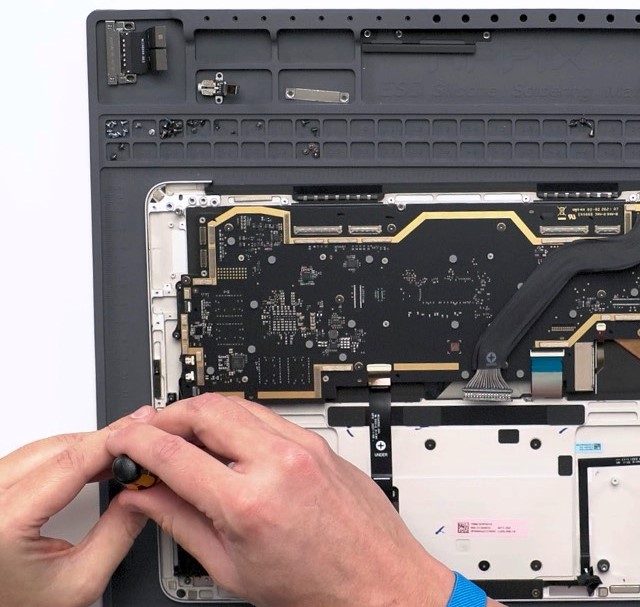Smart technology gives Kiwi businesses greater confidence
Small and medium sized Kiwi businesses, vital to New Zealand’s economic growth, feel more positive about their future if they embrace new technology.
A major survey of more than 1,000 Kiwi businesses, commissioned by The Warehouse and Warehouse Stationery as part of their BizRewards programme, canvassed views about technology, office environments, growth prospects and common business issues.
986
Small and medium sized Kiwi businesses, vital to New Zealand’s economic growth, feel more positive about their future if they embrace new technology.
A major survey of more than 1,000 Kiwi businesses, commissioned by The Warehouse and Warehouse Stationery as part of their BizRewards programme, canvassed views about technology, office environments, growth prospects and common business issues.
“This major survey has given us a very clear snapshot of the mood of these businesses which form the backbone of our economy. We’ve looked at their attitudes to technology, staff retention, office environment and prospects for growth,” says The Warehouse Chief Executive Mark Powell.
With the new financial year underway for most businesses, many have purchased office equipment including bigger ticket items such as computers so they can start the new financial year with less cost.
“These findings enable us to further enhance the support we provide to tens of thousands of businesses through our BizRewards programme –– which ensures Kiwi companies get the maximum benefit from their investment,” says Powell.
The survey shows the most popular items of technology are desktop computers (65%), laptops (57%), desk phones (57%) and smartphones (46%) while computers (33%), tablets (22%) and smartphones (20%) are the items people would most like to upgrade.
Interestingly, those that use tablets regularly at work are more optimistic about their businesses growing than those who don’t.
“That may well be because the connectivity offered by tablets enables productivity to increase, with staff having the ability to work anywhere rather than being tied to a desk,” says Powell.
“The pace of change has been so rapid since the internet kicked off in New Zealand 20 years ago and shows more than ever the need for ultra-fast broadband to be completed nationwide as fast as possible, particularly in rural areas.
“Up-to-date technology and office equipment are crucial for business success and it’s also important to have a quality environment to work in, particularly if you want to keep good staff,” says Powell.
The survey did ask whether people were happy with their office decor and a quarter of respondents didn’t like their environment at all. This was most pronounced in the HR and recruitment sector.
“The BizRewards programme is reasonably new to The Warehouse and has widened the scope for businesses that require products outside of office equipment,” says Mark Powell.
Other findings from the survey show:
- Northland businesses are the highest users of tablets (35%), possibly because location and distance require them to be mobile and connected. They’re followed by Auckland (29%) and Manawatu/Wanganui (25%).
- Southland businesses are the lowest users of tablets (5%) but are most likely to want to upgrade their technology. Canterbury is also low for tablet use (12%) as is the Bay Of Plenty (15%).
- West Coast, Northland and Southland are happiest with their office decor with those in Otago and Taranaki are the least happy.
- Half the businesses surveyed said they felt their business would be held back in some way if they didn’t upgrade their technology this year.
- Industries most likely to have problems locating paperwork due to disorganised offices are science and technology (75%), accounting (65%) and customer service (60%). The tidiest were in media, logistics and IT.
- Most businesses (58%) prefer to buy new equipment in store, rather than online.
The areas SMEs would like to improve on in the next year are managing cash flow (44%), networking more (39%), accessing new technology (38%) and retaining staff (18%). They see their key issues for 2013 as being increasing sales (33%), maintaining profit margins (32%) and attracting and keeping good staff (12%).




